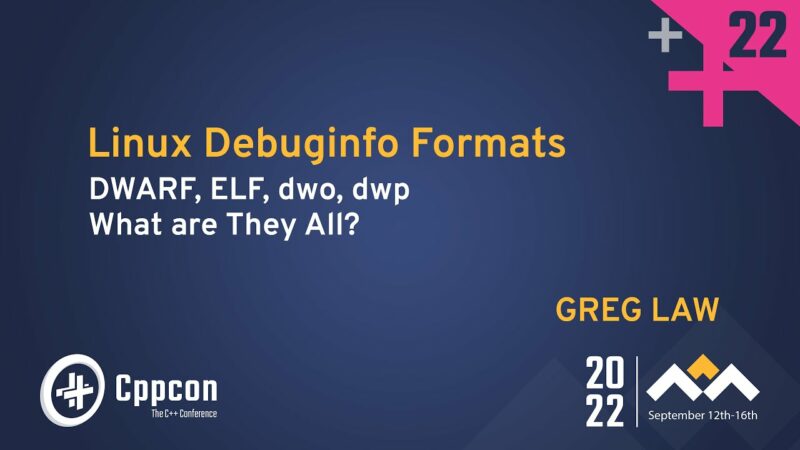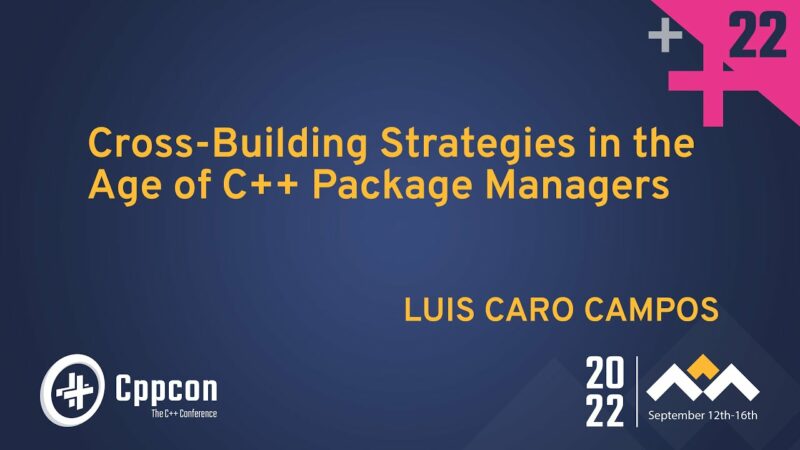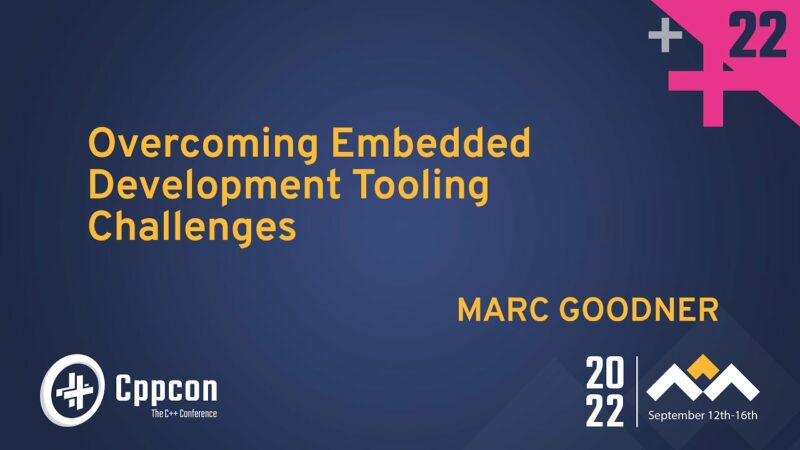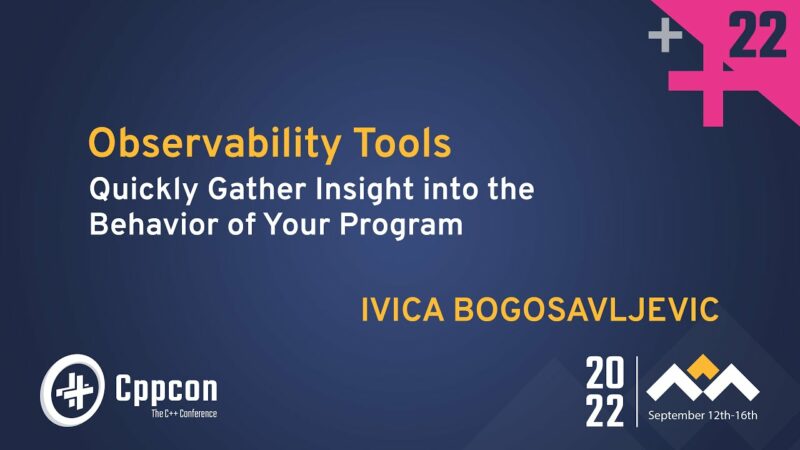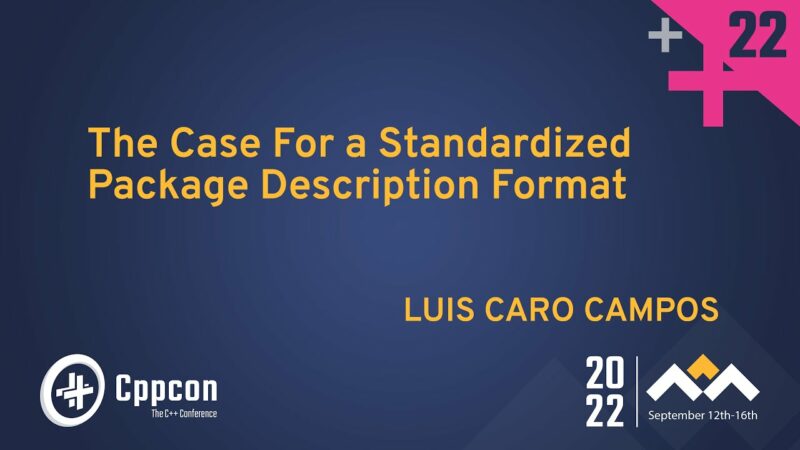https://cppcon.org/
---
Linux Debuginfo Formats - DWARF, ELF, dwo, dwp - What are They All? - Greg Law - CppCon 2022
https://github.com/CppCon/CppCon2022
Many different Linux debugging tools are available - as well as the traditional debuggers (GDB, LLDB) we have checkers (Valgrind, the sanitizers), tracing tools (strace, ltrace), time-travel debuggers (rr, UDB). They all rely on debug info to map from the executable back to the source-code. Most of us know to pass the -g option to gcc to generate debuggable binaries, but there is much more to it than that.
This talk covers what exactly is in debug info, the different compiler options to control its generation, and the different kind of object files and why you might want them (e.g. split dwarf files for quicker loading). We also introduce ways to manage this information, including the new debuginfod service.
As is usual for Greg's talks: few slides, many demos.
This talk will give the information you need in order to use the available tooling more effectively, and to troubleshoot when the debug experience doesn't quite "just work".
---
Greg Law
Greg is the founder of Undo. He is a coder at heart, but likes to bridge the gap between the business and software worlds. (Sadly, these days most of Greg's coding is done on airplanes).
Greg has 25 years’ experience in the software industry and has held development and management roles at companies including the pioneering British computer firm Acorn, as well as fast-growing start ups, NexWave and Solarflare. It was at Acorn that Greg met Julian and on evenings and weekends, they invented the core technology that would eventually become UDB and LiveRecorder. Greg has overseen the company as it transitioned from his garden shed to a scaling, award-winning business.
Greg holds a PhD from City University, London and was nominated for the 2001 British Computer Society Distinguished Dissertation Award. He lives in Cambridge, UK with his wife, two children, two dogs and a cat. In his spare time, Greg catches up on email.
---
Videos Filmed & Edited by Bash Films: http://www.BashFilms.com
YouTube Channel Managed by Digital Medium Ltd https://events.digital-medium.co.uk


